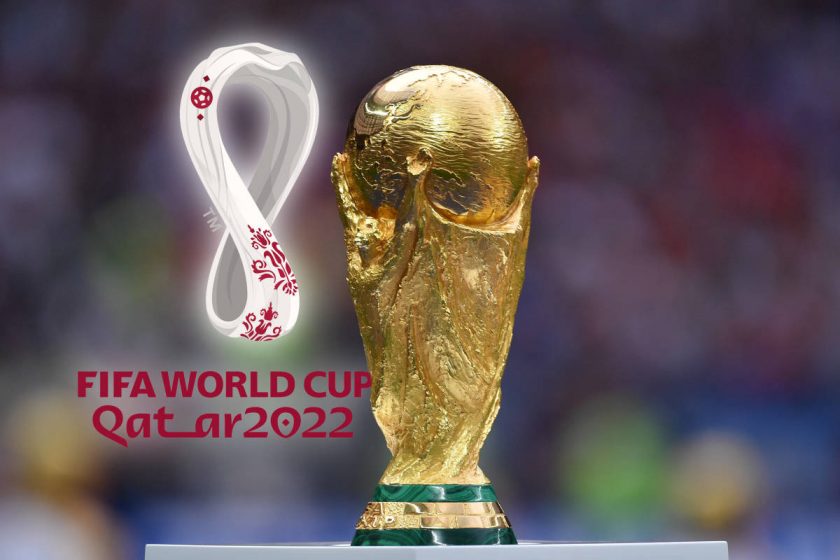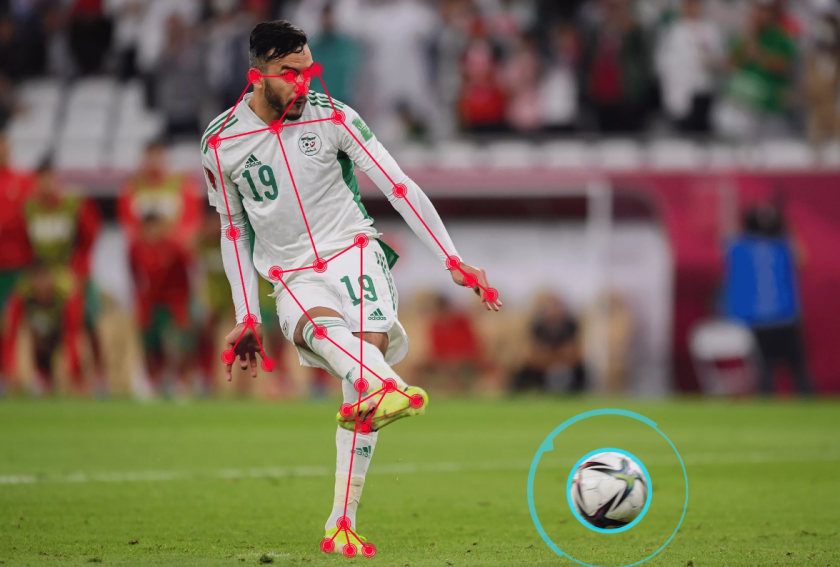From November 20 to December 18, a total of 32 teams will start a battle to win the FIFA World Cup Qatar 2022.
The 22nd edition of the tournament will be the first world cup in the Middle East and the last one with 32 teams, as FIFA has approved the expansion to 48 the number of participating teams in 2026.
That’s why we decided to make a list of five key items that will make this World Cup a completely different edition from all others.
-
WORLD CUP IN THE MIDDLE OF THE EUROPEAN SEASON
One of the main reasons that make this World Cup special is the change in the calendar. Traditionally held in June, this FIFA World Cup will take place exceptionally in November.
The main reason is the high temperatures that affect Qatar in the middle of the year. Located in a desert region, the characteristic climate of the Middle Eastern country is hot, arid, dry and with little humidity.
In the traditional period of the World Cup, temperatures are above 86ºF (even during the dawn). On the hottest days, temperatures are between 104°F and 122°F, unfeasible for professional football practice.
However, in November and February, Qatar has lower temperatures and smaller fluctuations with a minimum of 50°F and a maximum of 68°F, a climate similar to many European countries.
2. BEST TECHNICAL QUALITY EXPECTATIONS
With the change in the calendar made official by FIFA, the expectation is that the World Cup in Qatar will present one of the best world cups in terms of the technical.
Usually, the Cup occurs after European football season, when several high-level players perform below their potential due to accumulated wear and tear.
This time, the World Cup will take place in the middle of the European season, where theoretically, players from the big leagues will be in the best possible physical shape.
Kevin De Bryune, Lionel Messi, Gabriel Jesus and Neymar Júnior are some of the players who are experiencing an excellent moment in their careers right now, increasing expectations about their roles in this World Cup.
3. FOUR MATCHES A DAY IN THE GROUP STAGE
The third key positive factor in the realization of this World Cup is the new distribution of match start times. Taking advantage of the compactness of the venues, FIFA added one more start time to the standard calendar.
There are usually three games a day on the group stage. This time, there will be four matches a day until the last round of the group stage.
The only exception will be on November 21, with three games, as FIFA has anticipated Qatar vs. Ecuador for November 20, making this the opening matchday of the World Cup.
According to FIFA, additional flexibility is possible without affecting any technical aspect, as all stadiums are located within a compact radius. In addition, FIFA believes that the distribution of schedules will allow the presence of fans in more than one match per day.
4. SEMI-AUTOMATED OFFSIDE TECHNOLOGY (SAOT)
The fourth important factor in the realization of this World Cup is the implementation of the new offside technology through Semi-Automated Offside Technology (SAOT).
The official debut of this technology would take place during World Cup, but UEFA anticipated the use of this system in all matches in the group stage of the 2022/23 Champions League.
The new system was praised by the football community for its accuracy and speed in detecting impediments, providing greater dynamism to refereeing decisions.
With this, the World Cup follows the trend of presenting new features to football in recent years. In 2018 (Russia), the novelty was the implementation of VAR. In 2014 (Brazil), the great improvement was Goal Line Technology.
5. AIR-CONDITIONED STADIUMS
Finally, it is important to point out that six of the seven stadiums of this World Cup will have air conditioning units on the pitch and in the stands.
Despite the fact that this World Cup will take place in November, FIFA will take advantage of the systems developed by a sports initiative in Qatar to install air conditioning in the stadiums.
This measure allows sporting events to be held in the country throughout the year. The Khalifa International Stadium in Doha was the first in the country with this technology.
The system premiered at the Club World Cup in 2019, a tournament that Liverpool won the final against Flamengo, winning 1-0 in extra time.

Sports journalist, content writer and passionate football lover.









